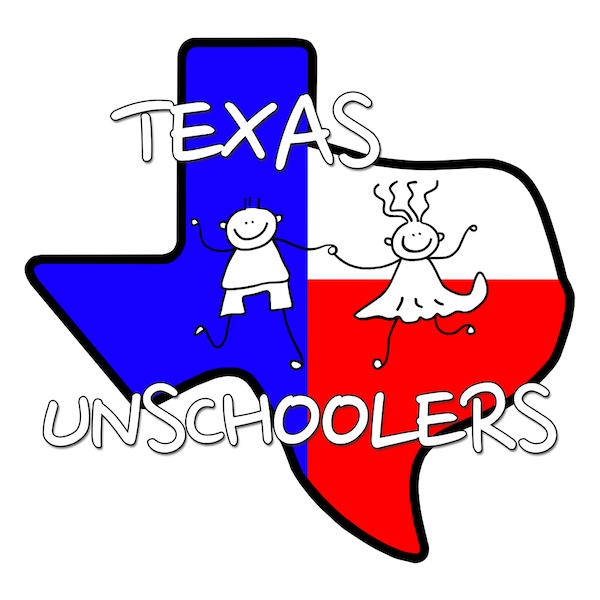The term “Unschooling” was coined in the 70’s by educator John Holt.
“It’s not that I feel that school is a good idea gone wrong, but a wrong idea from the word go. It’s a nutty notion that we can have a place where nothing but learning happens, cut off from the rest of life.”
John Holt
There’s no single universally accepted definition of Unschooling. For those new to Unschooling, it can feel frustrating not to have a clear “If I do X, then I get Y” plan to follow. Yet, this is precisely why Unschooling exists – because the school-mindset of “do X, get Y” doesn’t work. While Unschooling is based on principles – each family, each child’s experience will be unique. Below are some elucidations of Unschooling that we find helpful to those who are just beginning this journey.
The citations are hyperlinked to the author’s website where more information can be found. Before diving too deep – we recommend you read about Deschooling first.
The core idea of the unschooling philosophy is that humans are born learners. That’s what John Holt observed over and over. Children will learn best when allowed to learn what, when and how they want.
Joyce Fetteroll
That doesn’t, of course, tell anyone what to do. The philosophy helps you make choices. The principles — such as peace, trust, respect, support, helpfulness — help you stay on course when situations make it difficult to.
Joyfully Rejoycing
Unschooling is more like a dance between partners who are so perfectly in synch with each other that it is hard to tell who is leading. The partners are sensitive to each others’ little indications, little movements, slight shifts and they respond. Sometimes one leads and sometimes the other.
Pam Sorooshian
Learning Happens
Unschooling is, at its most basic, about learning without a curriculum, without a teacher-centered environment, but sometimes the concept is easier to define by what it’s not. It’s not school-at-home, a re-creation of the school environment with a low student-teacher ratio around the kitchen table. And it’s not about leaving your kids to fend for themselves, far from it. It is about creating a different kind of learning environment for your children. An environment based on the understanding that humans learn best when they are interested and engaged, and when they are personally involved and motivated. Creating an environment conducive to real learning is very difficult if someone else – parent, teacher, or curriculum developer – is dictating what a person should be learning at any given time. But drop that outside control over the child and learning truly comes naturally.
Pam Laricchia
Living Joyfully
Unschooling is simply living a full rich life, offering opportunities to your child to learn and grow. For unschooling to work at its optimal level, the parent must be engaged with the child, probably more than if they chose another learning modality. Children are natural learners. They want information. But they do not necessarily know what’s out there in the world.
Sue Patterson
That’s the parent’s role in unschooling. The unschooling parent keeps one ear to the child listening for their interests and questions, and the other to the community, and now with the internet, the world, searching for creative opportunities that feed that desire to learn more about a topic.
Unschooling Mom2Mom

